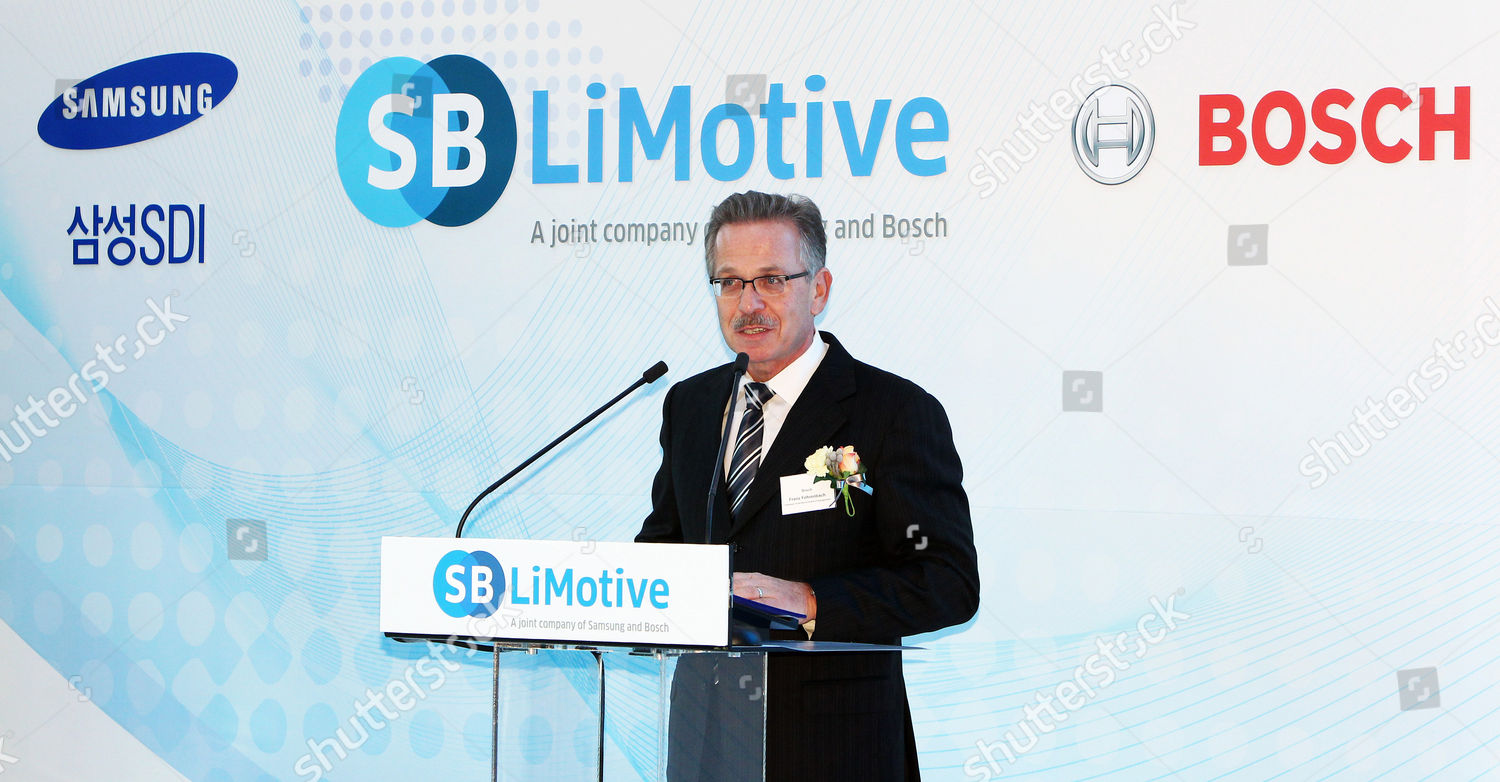Based on some new comments from Bosch supervisory board chairman, the world’s largest automotive supplier has made its stance against electric vehicles very clear.
With the accelerated adoption of electric mobility comes change for not only automakers, but automotive suppliers. With traditional ICE vehicles, suppliers are leaned on heavily to provide automakers with essential components to make their vehicles run. Bosch, the world’s largest automotive supplier, was created by such reliance.
Previous reports suggested the company was looking into joining the transition to electric mobility via battery cells. Bosch purchased solid-state battery start-up Seeo Inc. in 2017 and revealed a handful of details regarding new battery technologies they planned to bring to market by 2020, which as we know, came and went. Bosch announced later in 2017, a €20 billion investment to create 200 GWh of battery cell production capacity by 2030.
One year later, Bosch decided to veto its battery cell production plan completely, saying the investment was too much of a risk. The company did say they would continue to invest in electric drivetrains.
Now, new comments from Bosch supervisory board chairman, Franz Fehrenbach, revealed his difference of opinion when it comes to the governments putting deadlines on banning the sale of new ICE vehicles. Fehrenbach went so far as to encourage the auto industry to rebel against the transition while spewing misinformation (translated from German via T3N):“Fehrenbach finds clear words in the Stuttgarter Nachrichten on political initiatives towards electromobility. He is certain that there will be “double standards to the disadvantage of the internal combustion engine – and to the detriment of the climate” Fehrenbach literally: “On the other hand, German industry should really take a stand against it.” Everyone knows that even electric cars in the German and European electricity mix – contrary to what is often claimed – are not climate-neutral. The vehicles would be treated as zero CO2 vehicles because the generation of the charging current would be hidden. In addition, the manufacture of the batteries consumes a lot of electricity. In Asia, a very high proportion of this is still generated with coal-fired power plants. Fehrenbach thinks that these emissions are missing from the information on Co2 consumption.”
Furthermore, the chairman stated that EVs have an infrastructure problem that will require a minimum of 1 million additional charging stations in Germany.

